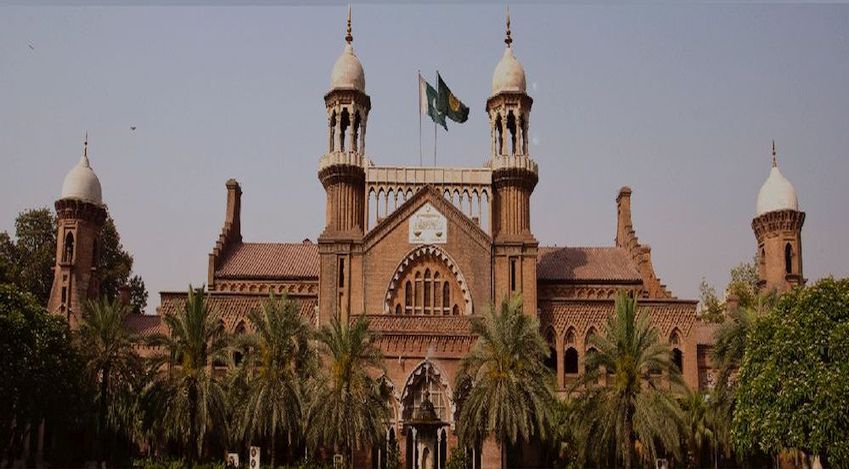When a Private Complaint and a State Case are filed for the same Offense, the Private Complaint should take Precedence --- Lahore High Court, Lahore
Islamabad 13-01-2025: The Lahore High Court, Multan Bench, has dismissed an Intra-Court Appeal [ICA No. 292 of 2024] filed by Muhammad Qaswar Hussain, challenging the discharge of an accused in an FIR registered under Section 489-F of the Pakistan Penal Code (PPC). The Court upheld the legal principles surrounding private complaints, reinvestigation, and proceedings under Section 182 PPC, offering significant clarifications for legal practitioners.
The appeal arose from the appellant’s challenge to the dismissal of his constitutional petition by a Single Judge of the Lahore High Court. The petition contested a Judicial Magistrate’s order discharging Respondent No. 4 in an FIR related to dishonored cheques. The appellant argued that the discharge was unjustified, as the investigation had already been transferred to another officer.
The Court dismissed the appeal, citing the following key legal principles:
- The Court emphasized that when a private complaint and a state case are filed for the same offense, the private complaint should take precedence. This principle aligns with the Supreme Court of Pakistan ruling in Nur Elahi Vs. The State and others (PLD 1966 SC 708).
- The Court barred proceedings under Section 182 PPC against the complainant while their private complaint was pending. Relying on precedents such as M.J.A. Gazdar Vs. The State (1989 MLD 1694), it affirmed that no adverse action should be taken against a complainant during the pendency of their case.
- The Court clarified that police authorities retain the power to reinvestigate a matter even after a discharge order. This view was supported by rulings such as Mian Muhammad Asif Vs. S.S.P. Operation, Lahore and others (2010 YLR 944).
- The judgment noted that appellate Courts should not interfere with discharge orders unless a jurisdictional defect or illegality is evident, particularly when other remedies, like private complaints, are available.
The Court found no jurisdictional defect or illegality in the learned Single Judge’s decision to uphold the discharge order. The appeal was consequently dismissed, and the reinvestigation initiated by the police was allowed to continue.
This judgment reaffirms the principles governing private complaints, the scope of Section 182 PPC, and the permissibility of reinvestigation after discharge orders. It serves as a guiding precedent for similar cases and underscores the judiciary’s commitment to ensuring procedural fairness.
Powered by Froala Editor








